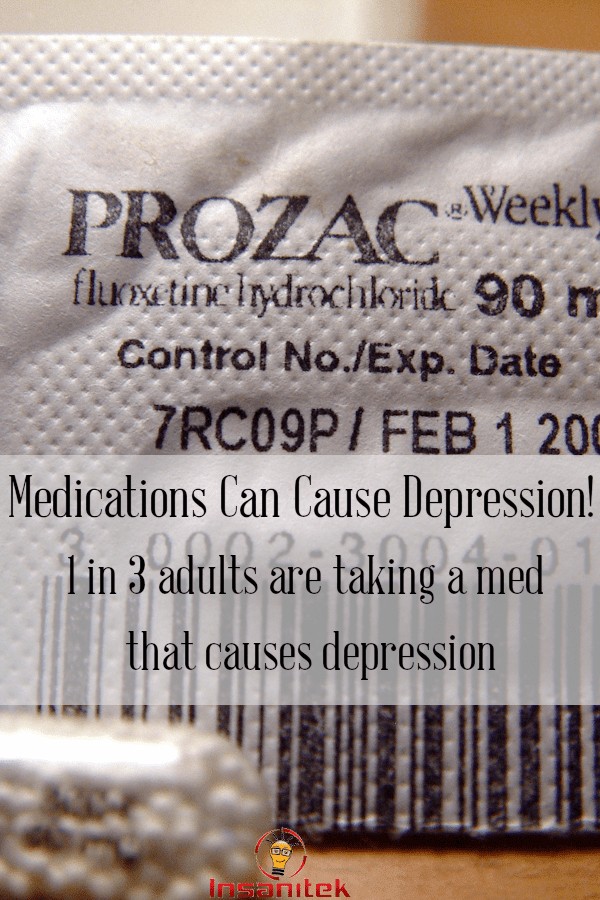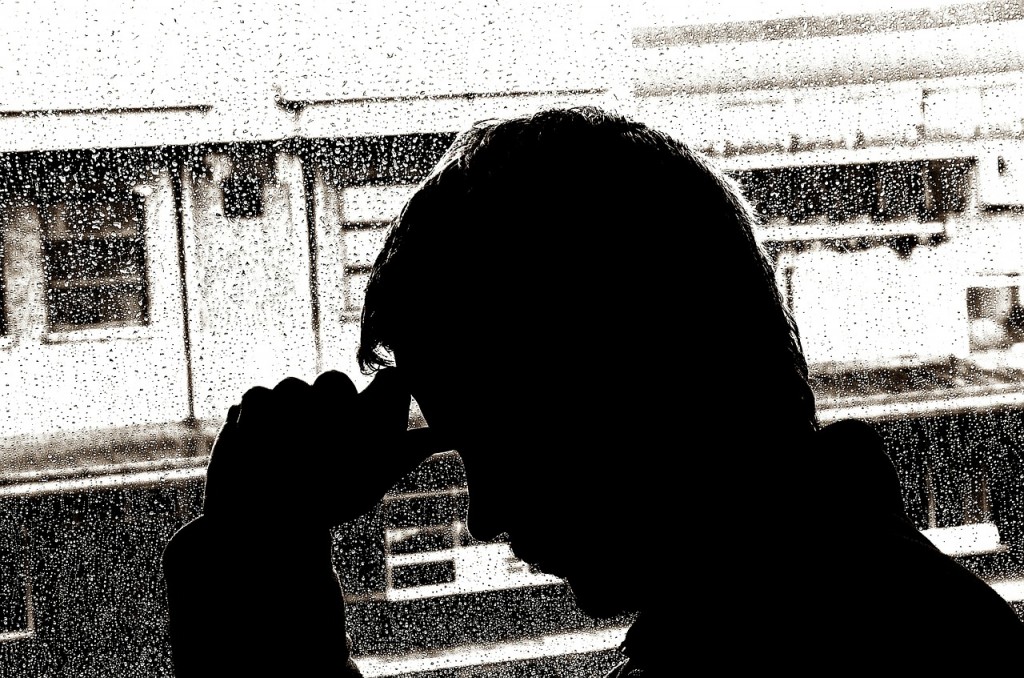What if you found out that the medications you were taking for certain ailments were actually contributing to potential depression? This is what a new study now claims, and it’s more common than you may think.
 Researchers note that more than 200 common medications sold in the U.S. contain depression as a potential side effect. This list of medications includes everything from beta blockers to anxiety drugs, ironically enough (Aubrey, 2018).
Researchers note that more than 200 common medications sold in the U.S. contain depression as a potential side effect. This list of medications includes everything from beta blockers to anxiety drugs, ironically enough (Aubrey, 2018).
“The more of these medications you’re taking, the more likely you are to report depression,” study author Mark Olfson, a professor of psychiatry at Columbia University, told NPR.
The study looked at more than 26,000 adults who participated in a federal survey. All participants listed each medication they were taking at the time of the survey. In addition, they completed a depression screening, which asked about mood, sleep and appetite.
The results showed that more than one-third of people were taking medications known to have depression or suicidal thoughts as potential side effects. Approximately 15 percent of participants who used three or more of these drugs were depressed. In comparison, just five percent of people who didn’t use any of the medications were depressed.
“People should always be ready to ask, ‘What are the risks and the benefits of me taking this medication?’” Don Mordecai, a psychiatrist with Kaiser Permanente in San Jose, Calif., told NPR. “People who don’t have a history of depression and then, suddenly, start to have symptoms of depression should be concerned that it’s potentially due to a side effect, or potentially, an interaction.”
Identifying Signs of Depression
Signs of depression may not be easy to spot if you’re unfamiliar with the condition. However, there are a couple of symptoms patients can be mindful of if they believe they should talk to their doctor about potential side effects.
Feelings of sadness, tearfulness, emptiness or hopelessness may be key signs of depression (“Depression (major depressive disorder),” 2018). A loss of interest or pleasure in most or all normal activities, such as hobbies, can also be a signifier of depression. Finally, tiredness, reduced appetite and anxiety are also underlying signs that it isn’t just a passing bout of sadness.
In the event that you think you may be affected by depressive symptoms, do not hesitate to reach out to a medical professional for more insight into your condition. He or she can help you address next steps to treating potential depression.
References
Aubrey, Allison. “1 In 3 Adults In The U.S. Take Medications That Can Cause Depression.” NPR.org. Retrieved June 13, 2018, from https://www.npr.org/sections/health-shots/2018/06/12/619274492/1-in-3-adults-in-the-u-s-take-medications-that-can-cause-depression.
Qato, Dima. “Prevalence of Prescription Medications With Depression as a Potential Adverse Effect Among Adults in the United States.” JAMA. Retrieved June 13, 2018, from https://jamanetwork.com/journals/jama/article-abstract/2684607.
“Depression (major depressive disorder).” Mayo Clinic. Retrieved June 13, 2018, from https://www.mayoclinic.org/diseases-conditions/depression/symptoms-causes/syc-20356007.
